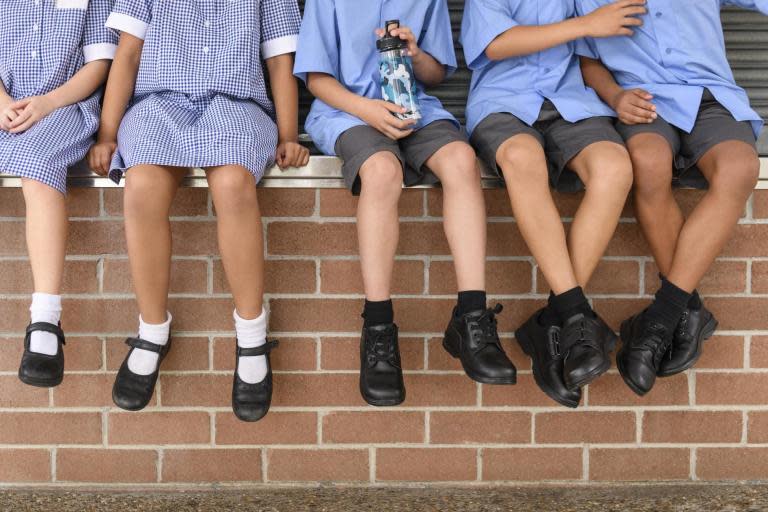More than 10% of young boys ‘likely to suffer from mental disorder’
More than one in 10 boys (12.2 per cent) aged between five and 10 are likely to be suffering from a mental disorder, according to new data analysis.
The Office for National Statistics (ONS) has examined a report published by NHS Digital last year and found that young boys are twice as likely as young girls to suffer from conditions such as autism, attention deficit hyperactivity disorder (ADHD) and emotional disorders such as depression and anxiety.
The NHS report, which came out in November, found that one in eight children in England are living with a mental health problem and the new ONS analysis sought to establish what factors contribute to this.
It found that children whose parents have mental health difficulties and those who come from families receiving welfare benefits (either due to low income or disability) were more likely to have a mental disorder.
Other factors that increased a child’s propensity for a mental disorder included living with step siblings, growing up in a single parent family and having parents with no qualifications.
The findings are based on the Mental Health of Children and Young People Survey, which includes data on more than 9,000 children and some of their teachers.
While initially it seems the boys are at higher risk than girls of mental disorders, the survey found that as girls got older, they became more likely than boys to suffer from poor mental health.
For example, nearly one in four girls aged 17 to 19 had a mental health disorder compared to eight per cent of boys.
More than half of these young women reported self-harming or attempting suicide. They also reported high rates of body dysmorphic disorder, an irrational feeling that parts of their physical appearance are flawed and must be “hidden or fixed”.
Alana Ryan, senior policy officer at the NSPCC, commented on the NHS report: “When a generation of children are struggling with their mental health with many having self-harmed or attempted suicide, we are fundamentally failing our young people.
“Our own research shows even if children are referred for specialist mental health treatment there is a slim chance they will receive it, which is totally unacceptable.”



